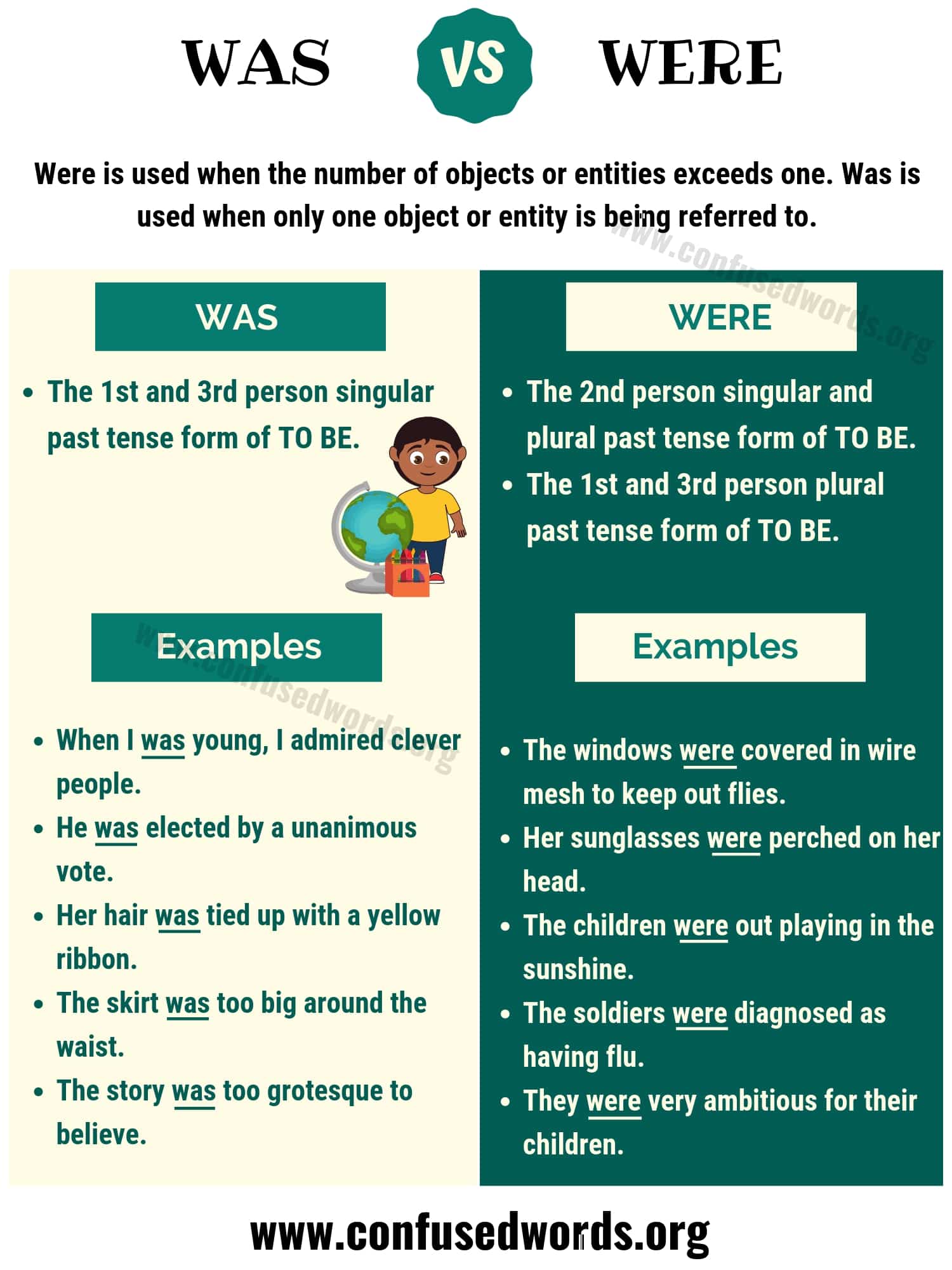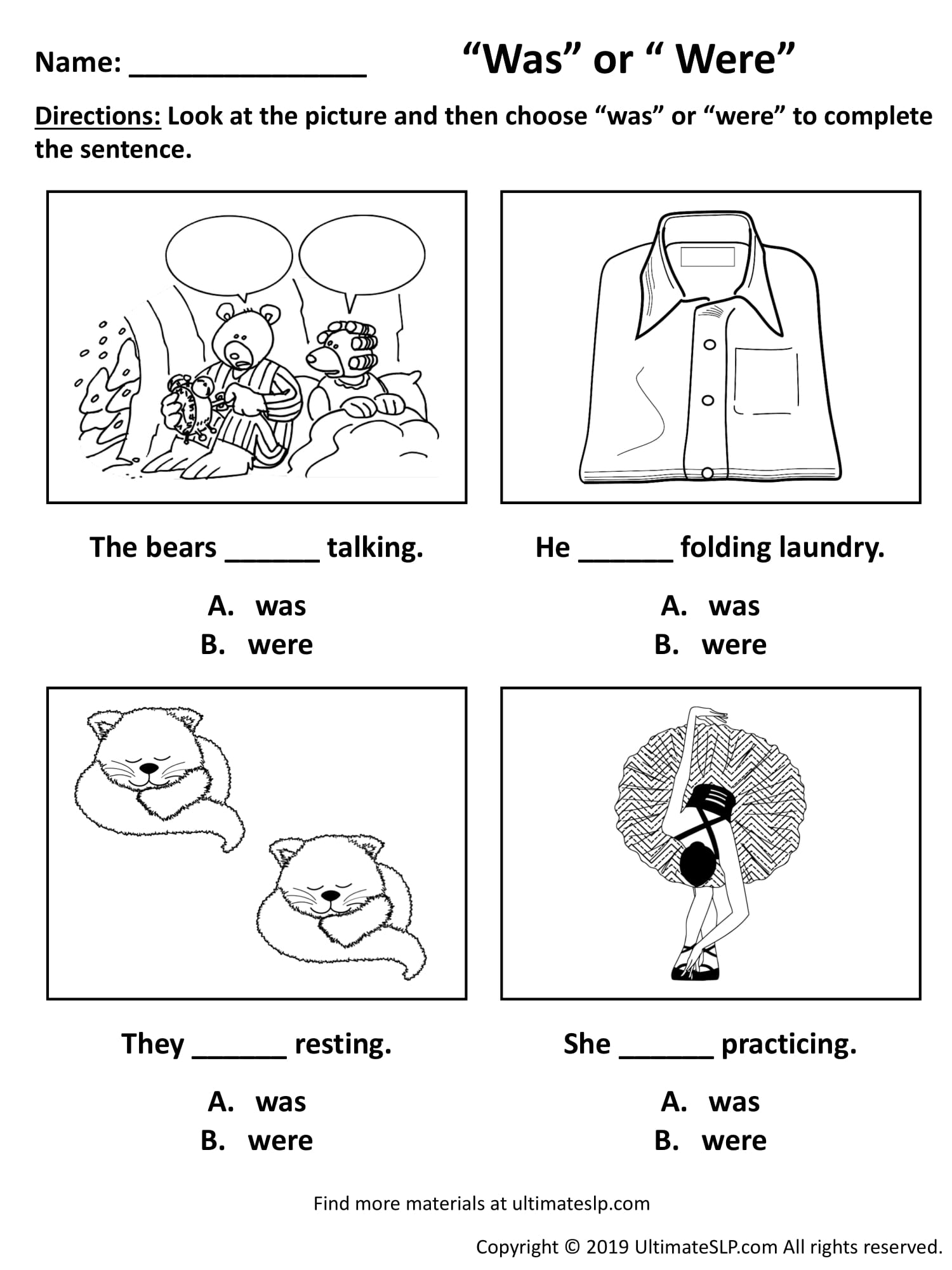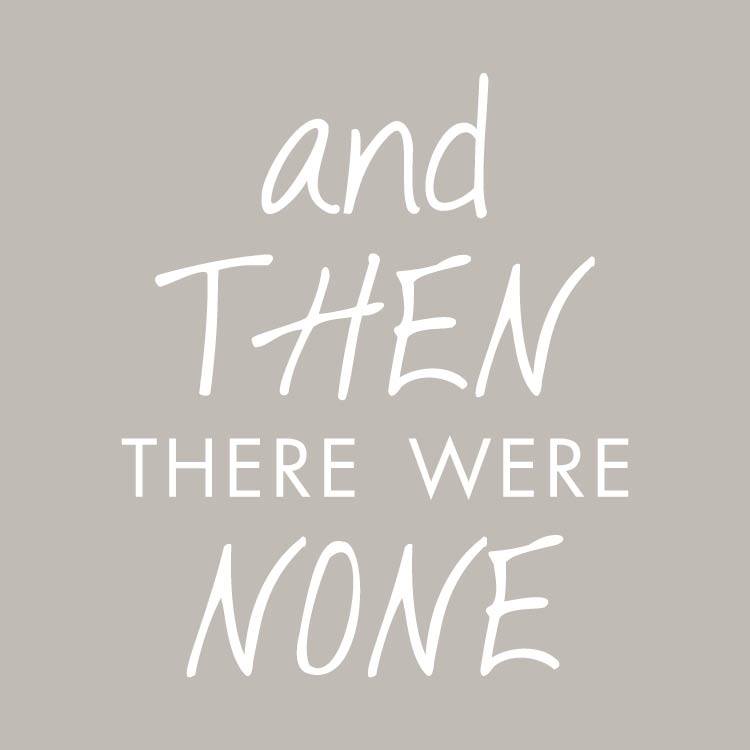
Were the World Mine Lektor Cda
If you're trying to describe a hypothetical or doubtful situation, also known as the subjunctive mood, use if I were. Unlike sentences with if I was, these are cases that are contrary to current fact. Some if I were examples include: I bet Henrietta would go out with me if I were taller.

1200x480 Resolution We Were Here Forever HD 1200x480 Resolution
1. I am tired. (go to bed) If I were you, I would go to bed. 2. I want to lose some weight. (join a gym) If I were you, I would join a gym. 3. Someone has stolen my wallet. (call the police) If I were you, I would call the police.

Pink Floyd «Wish You Were Here» Rockmania
if + past simple,.would + infinitive (We can use 'were' instead of 'was' with 'I' and 'he/she/it'. This is mostly done in formal writing). It has two uses. First, we can use it to talk about things in the future that are probably not going to be true. Maybe I'm imagining some dream for example. If I won the lottery, I would buy a big house.

We Were Here Expeditions The FriendShip IGN
If I were you vs.If I was you. When we use the verb be in second conditional if-clauses, we can use were instead of was with the I, he, she and it forms of the verb. There is no change in meaning, although were is sometimes considered more formal than was.. Examples: If it were possible, I would stay in five-star hotels for the whole trip. = If it was possible,.

When We Were One YouTube Music
Use 'if I was' for real situations that are in indicative mood. If I were Used in a subjunctive mood, 'if I were' indicates an unreal situation. Something that can never happen. You are imagining a situation, that isn't true yet or cannot be true. If I were Bill Gates, I would be the richest person in the world.

"I wish I was" vs "I wish I were"
"If I was" is in the conditional tense, which conveys a possible scenario with a plausible speculative result. In other words, if you correctly express "if I was," you will suggest that what follows is not impossible, even if it will not take place.

Was vs. Were How to Use Were vs. Was Correctly • 7ESL
If I was is the phrase to use when describing a plausible action in the first-person past tense. Let's look at a few examples: I should find out if I was awarded the scholarship on Friday. My friend wasn't sure if I was staying with my parents at the time. If I was responsible for the mistake in my team's report, I should be the one to correct it.
What's That? We're From the Future Know Your Meme
The use of "if I were" for imaginary situations is a bit different from using "if I was". Learn when to use both correctly. Read on to learn how to use "If I Was" & "If I Were". If I were is used when the subject of the sentence is referring to a hypothetical or imaginary situation. If I were good at math and science, I would've become a doctor.

Pink Floyd Wish You Were Here Album Art
If I Were Examples. If I were you, I would study harder. < < I am not you. It is impossible for me to be you. If he were a woman, he would have lots of babies. < < He is not a woman! If I Was Examples. If I was wrong, I am sorry. < < I might have been wrong. If I spoke to her, I don't remember. < < I might have spoken to her. Writing Practice
so if i were you... Pixel Art Maker
If I Were. In 1964, when Sheldon Harnick wrote the lyrics for the musical Fiddler on the Roof, he had the poverty-stricken Russian milkman Tevye sing "If I were a rich man.". In 1992, affluent rock star Bon Jovi sang "If I was your mother," but then in 2008, Beyoncé sang "If I were a boy.". Clearly, both forms persist in popular usage.

Milly Cassette — Humans Were Here
The correct choice between was and were in an if clause depends on whether you're using an unreal conditional sentence, also known as a hypothetical sentence. But how do you know if you're dealing with an unreal conditional sentence?

Was vs. Were How to Use Were vs. Was Correctly? Confused Words
The phrase "if I were" is part of a very small subset of English grammatical tense called the subjunctive mood. This tense is used to talk about situations or things that are hypothetical, or that haven't or couldn't happen but are being considered from an academic perspective. For instance:

We Were YouTube Music
The short answer: they're both right AND wrong. It depends completely on how you're using the statement. "If I were" You use the phrase "if I were…" when you are using the subjunctive mood.

What Were They Like? GCSE Power and Conflict poem annotation Gcse
Which is correct: "if I was" or "if I were"?

Was or Were Worksheet Ultimate SLP
The second conditional is used to imagine present or future situations that are impossible or unlikely in reality. If we had a garden, we could have a cat. If I won a lot of money, I'd buy a big house in the country. I wouldn't worry if I were you. The structure is usually: if + past simple >> + would + infinitive.

And Then There Were None Newsletter Hub
You use If I was in the "if" part when the "then" part is in the simple past. These are always conditionals from Maule's class B. It would not be grammatical to use "If I were" there. These "real past" cases happen all the time in real speech and real writing, as Jones and Waller prove. Consider this arrangement: